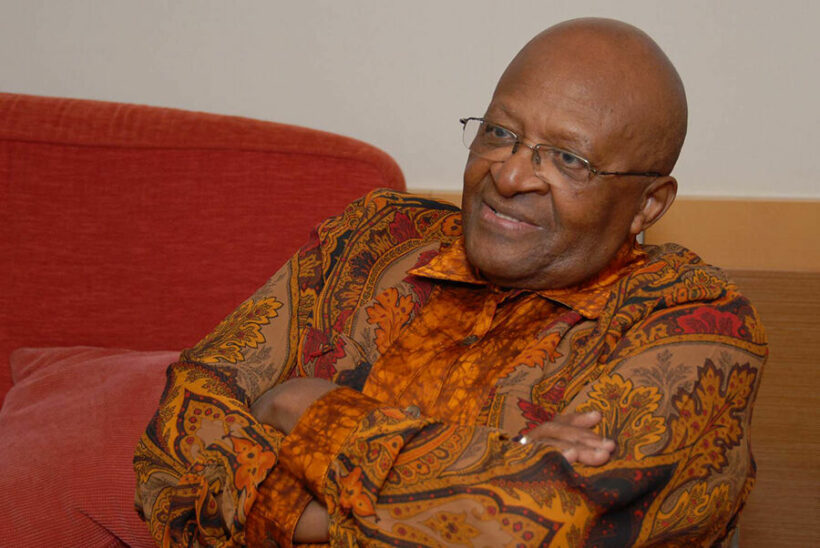You can open, print or download it by clicking on the map or via this link: Open the map of South Africa. The new Dubai hotel is built to meet the needs of the most discerning customers. It’s a luxury lifestyle resort on Clarence Island where guests can remain south africa nightlife harmony with nature.

Seven Tides is very excited about the opening and hopes that World Islands will become one of the most popular leisure destinations in the Middle East with decent recognition around the world. In January, the city hosts a beautiful holiday – Cape Town Ministrel Carnival, which attracts many artists from different countries of the world. The history of this festival is more than a century and a half. The United States are considered the birthplace of faery “minstrel shows”. Johannesburg is one of the most populous cities in the country.
The city has become home to representatives of different nationalities. Foreign tourists will be particularly interested in culture and lifestyle of the ethnic tribes. However, when dealing with the indigenous people, tourists should take into account a lot of important points. The locals have rather different approach to Europeans. Except of the habitants a lot of people from European countries live there, this merging has an effect on the national features of Pretoria.
To feel comfortable travelers need to remember about several important rules of conduct, they will help to behave in different situations. Stellenbosch is a relatively small town. Only eighty thousand people live here. However, Stellenbosch is considered the second oldest city in South Africa. Many locals believe that it is even older than Cape Town.
This land is known as the center of the largest African wine region. Almost thirty wineries are located near the city today. Many of them are inherited within the same family for centuries. Under the direction and management of IVRA Holding B. M12 2a10 10 0 100 20 10 10 0 000-20zm0 3a3 3 0 110 6 3 3 0 010-6zm0 14. This site is protected by reCAPTCHA and the Google Privacy Policy and Terms of Service apply. South Africa to honour Archbishop Desmond Tutu, a day after his death aged 90.
George’s Anglican Cathedral in Cape Town, where Tutu urged South Africans of all races to work together against apartheid, will toll for 10 minutes at noon on Monday for five days to mark his life. Archbishop of Cape Town, Thabo Makgoba. The activist prelate worked against South Africa’s apartheid regime that oppressed the country’s Black majority. Following the end of apartheid in 1994, when South Africa became a democracy, Tutu chaired the Truth and Reconciliation Commission that documented atrocities and sought to promote national reconciliation.
Tutu also became one of the world’s most prominent religious leaders to champion LGBTQ rights. Tutu’s body will lie in state at the cathedral in Cape Town on Friday before a requiem mass is held Saturday, Makgoba said. A mourner brings flowers to St. South Africans are laying flowers at the cathedral, in front of Tutu’s home in Cape Town’s Milnerton area, and in front of his former home in Soweto. He knew in his soul that good would triumph over evil, that justice would prevail over iniquity, and that reconciliation would prevail over revenge and recrimination.
South African President Cyril Ramaphosa said of Tutu, in a nationally broadcast address Sunday night. He knew that our people would be free. Ramaphosa who added that South Africa’s flags will be flown at half-staff this week. I am joined by the whole Royal Family in being deeply saddened by the news of the death of Archbishop Desmond Tutu, a man who tirelessly championed human rights in South Africa and across the world.
I remember with fondness my meetings with him and his great warmth and humour. Archbishop Tutu’s loss will be felt by the people of South Africa, and by so many people in Great Britain, Northern Ireland and across the Commonwealth, where he was held in such high affection and esteem. Tutu was made the first black Anglican Archbishop of Cape Town in 1986. He was a driving force to end the policy of racial segregation and discrimination in South Africa from 1948 until the early 1990s. His work led to him receiving numerous doctorates and academic awards from all over the world. He retired from public life in 2010 yet continued to do charity work through the Desmond and Leah Tutu Legacy Foundation. According to the trust, he died peacefully at the Oasis Frail Care Centre in Cape Town.
